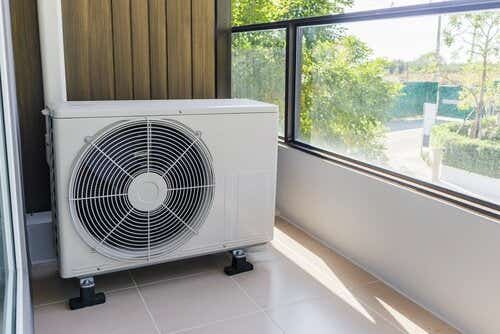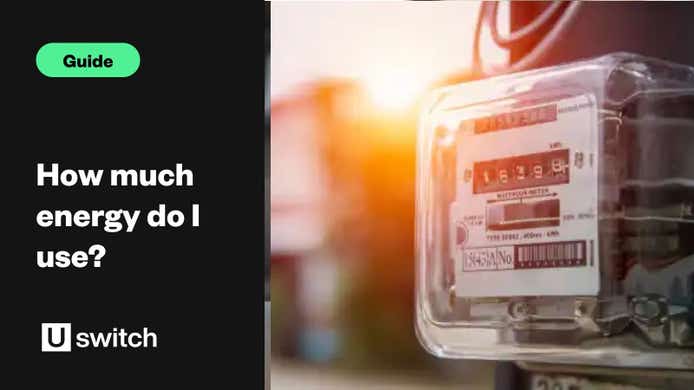Energy bills are typically cheaper during the summer as – at least in theory – the temperature rises and there’s no need to heat your home.
But there are still energy bills to pay – and in really warm weather, like the 40-degree heatwave the UK experienced in July 2022 and the June and September heatwaves of 2023, the cost of keeping cool can add up.
The calculations on this page use the price cap unit rates that will come into effect on 1 July 2024.
How much does it cost to run a fan?
On hot nights, many people will leave a fan running all night to cool the room down and make it easier to sleep. According to Uswitch research, a desktop electric fan costs approximately 63p per week to use if you have it on for nine hours every night.
If you want to make your fan more efficient, you could try placing a bowl of ice or a frozen water bottle in front of it to circulate the cooler air. To stop your room from warming up too much to start with, try keeping your curtains closed and windows open during the day where possible.
How much does it cost to run air conditioning?
While you might not think that home air conditioning is particularly common in the UK, spells of hot weather see significant increases in Google searches for portable air conditioning units.
According to Uswitch research, these units cost just over £14 per week to run, assuming you're using them for nine hours every day.
How much does it cost to leave appliances on standby?
During the school half term and summer holidays, it’s likely your kids will use more household energy while they keep themselves entertained watching TV and playing consoles.
However, the Energy Saving Trust estimates that the average household spends £45 per year leaving appliances on standby rather than turning them off.
If you want to reduce electricity usage, make sure appliances are turned off properly rather than being left on standby.
How much do showers cost?
It can be tempting to take more showers to cool off or freshen up during hot weather. But not only does this use more water, it can add a fair amount to your energy bill depending on the type of shower and heating system you use.
A high-powered electric shower running for 10 minutes could add around 28p each time to your electricity bill, and the cost can quickly add up. If you could cut it to four minutes, you could save 17p.
How much does it cost to run outdoor patio heaters?
If you enjoy sitting out in your garden on a summer’s evening, you’ll know that the temperature can quickly drop, which is where patio heaters come in.
Prices will vary depending on the heater's power, but a 2.1kW electric patio heater used for five hours every day would cost £16.43 per week.
Why it’s important to consider your energy bills all year round
Depending on how you pay for your energy, your bills might be lower during the summer. Even if your costs are spread throughout the year, you’ll almost certainly use less energy during the warmer weather as you won’t need to pay to heat your house.
Uswitch’s five tips for keeping cool
Create a cooling breeze. Place a bowl of ice cubes in front of an electric fan to create a refreshing breeze as it blows the ice-cooled air around the room.
Close the curtains. Keep your curtains shut during the day. It may be tempting to let the light in, but the sunshine will heat the room, turning your home into a greenhouse.
Unplug the tech. The gadgets plugged in your home produce heat, including those that are on standby. Unplug them when you're not using them to keep the room cool.
Take advantage of the daylight. Switch the lights off during the day. Lightbulbs release heat causing a room to get warmer, so turning them off can help reduce the overall temperature. With the sun setting late in the evening during summer you can keep the lights off for longer and the room cooler.
Use a hot water bottle. You don’t have to use a hot water bottle just to keep warm. Instead, you can fill it with cold water to keep you cool during the night.
Can you save by switching energy?
With energy deals returning to the market, you may be able to switch to a cheaper deal, especially if you're on a standard variable tariff. This would mean that the cost of using all the appliances would be lower than the costs listed above. Compare energy deals to see what you might be able to switch to by entering your postcode below.




